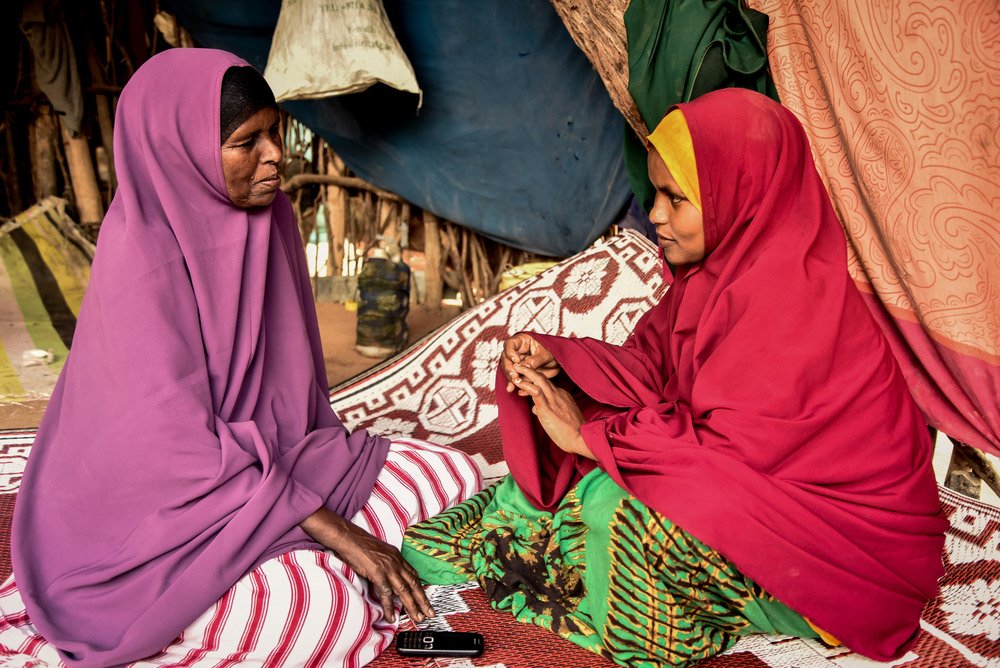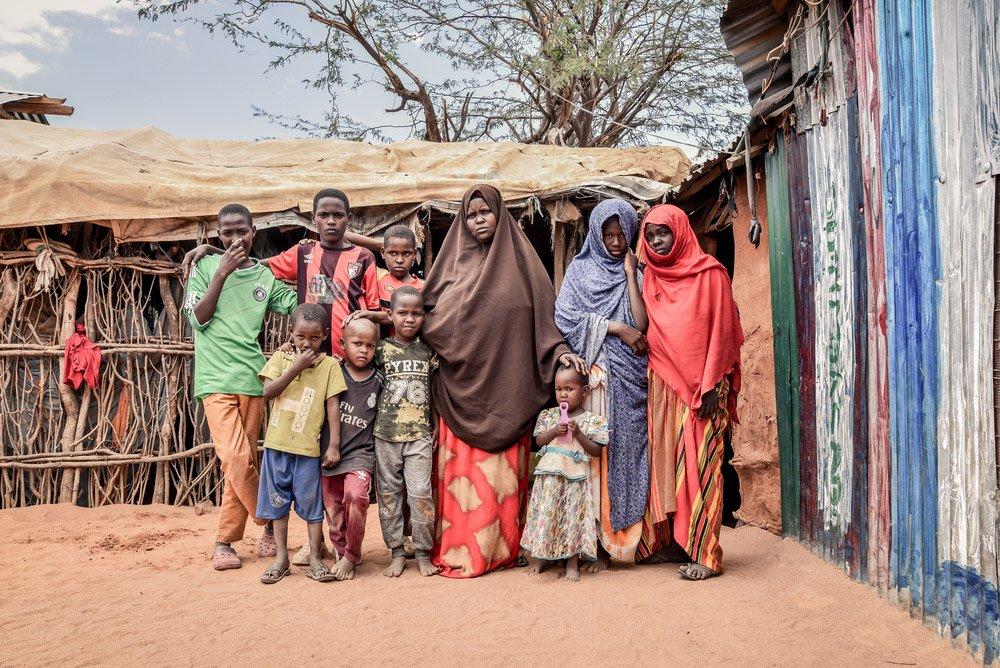COVID-19 cases have been gradually rising in Kenya and one of the world’s oldest refugee camp in the country has not been spared. When the first case of COVID-19 in the Dadaab refugee complex was confirmed on May 15, Doctors Without Borders (MSF) was quick to activate contingency measures to help contain the spread of the disease.

“Our teams were on high alert from the day the first case was reported in the country. We immediately began adapting our operations and streamlining patient flow, while putting in place key infection prevention and control measures to ensure that all staff and patients remain safe within our facilities,” says Jeroen Matthys, MSF project coordinator in Dadaab.
MSF has put up a 40-bed isolation facility in Dagahaley – one of the camps making the Dadaab refugee complex – with the capacity to upgrade to a treatment facility if need be. MSF also holds continuous health education for the refugees in the camp while assisting in tracing contacts of those found positive of COVID-19.
As of 17 June 2020, there were 10 confirmed cases of COVID-19 in the Dadaab refugee complex – two were reported in Dagahaley. Two patients have already been discharged. All refugee patients are currently under isolation at the Complex’s joint treatment centre managed by the Kenya Red Cross in Ifo 2 camp. All their contacts have been traced and quarantined according to the Ministry of Health guidelines.
With a further tightening of mobility restrictions, humanitarian services remain a crucial lifeline and the only means to access food and health for many refugees. For MSF, the key priority has been to ensure that healthcare services in the camp are not disrupted and that refugees continue to access medical services in a safe environment.
Although the heavy rains witnessed in the region in the last few months have subsided, MSF teams are preparing to respond to potential outbreaks of water-borne diseases such as cholera, and increased cases of malnutrition with initial cases already witnessed in the month of May.
“We are striving to maintain adequate staff and supplies of essential medical items to guarantee treatment for our patients despite COVID-19 related travel restrictions that have hampered our response. Our biggest concern is the increasingly-difficult environment that these restrictions have created for referrals of patients who need advanced or specialised care outside the camps, putting many lives at risk,” adds Jeroen.
MSF provides comprehensive healthcare to refugees and host communities including primary and secondary care through two health posts and a 100-bed hospital in Dagahaley camp. MSF’s medical services include sexual and reproductive healthcare including emergency obstetrical surgeries, medical and psychological assistance to survivors of sexual and gender-based violence (SGBV), mental health, home-based insulin care, palliative care and specialist referrals. The services are accessed not only by refugees, many of whom have been in the camp for close to 30 years, but also local communities.
In 2019, MSF conducted more than 210,000 outpatient consultations, admitted around 10,000 patients for care and assisted over 2,800 births. According to UNHCR, at the end of 2019 there were 217,197 people living in Dadaab.
